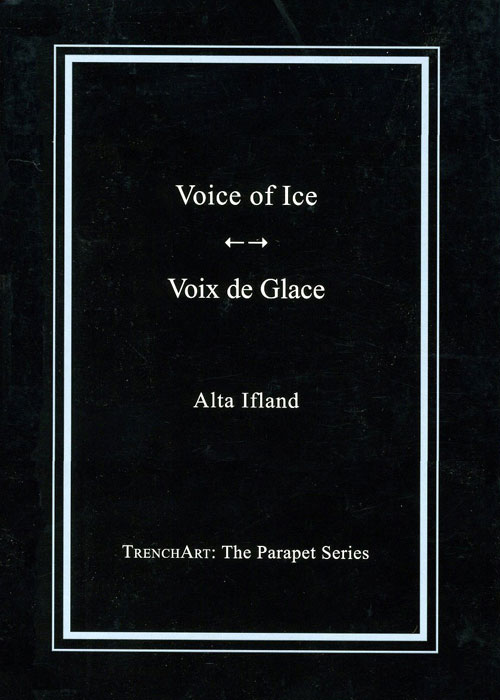
Translated from the French by the author. VOICE OF ICE is prose poetry presented in a bilingual edition. Written in French and translated by the author into English, these poems were generated in a process yielding concurrent shifts to the original. Poet Wanda Coleman says: “In transplanting her painterly European sensibility into an American poetic context, Alta Ifland creates and redreams the hauntingly surreal emotional landscapes of dislocation, desolate distances, and Redonesque disjuncture from which she shapes these ever-shifting, mad-and-mythic excursions—in voices angry, awed, childlike, sardonic, she startles and disturbs, charms and exalts.”
VOICE OF ICE is published as part of the TrenchArt Parapet series, with an introduction by Gary Young and visual art by Danielle Adair.
In this collection of short stories drawing on years of unconventional living, the author dives into the deeply personal world of the imagination in search of tales and truths to support the foundations of a better future.
This excellent anthology, compiled and edited by Julia Nemirovskaya, showcases poems by Russian (and Russian-speaking) poets who express their absolute rejection of Russia’s war against Ukraine.
The documentary novel “The Tenth Circle” tells the story of the life, struggle, and destruction of the Minsk ghetto, one of the largest in the Soviet Union and Europe during World War II. (Russian edition)
“Monkey’s Defense” is a collection of short stories and parables by Nina Kossman, bilingual author of several books of poetry and prose and translator of Marina Tsvetaeva’s poems into English.
This collection focuses on the war between Russia and Ukraine as seen by Russophone poets from all over the world.